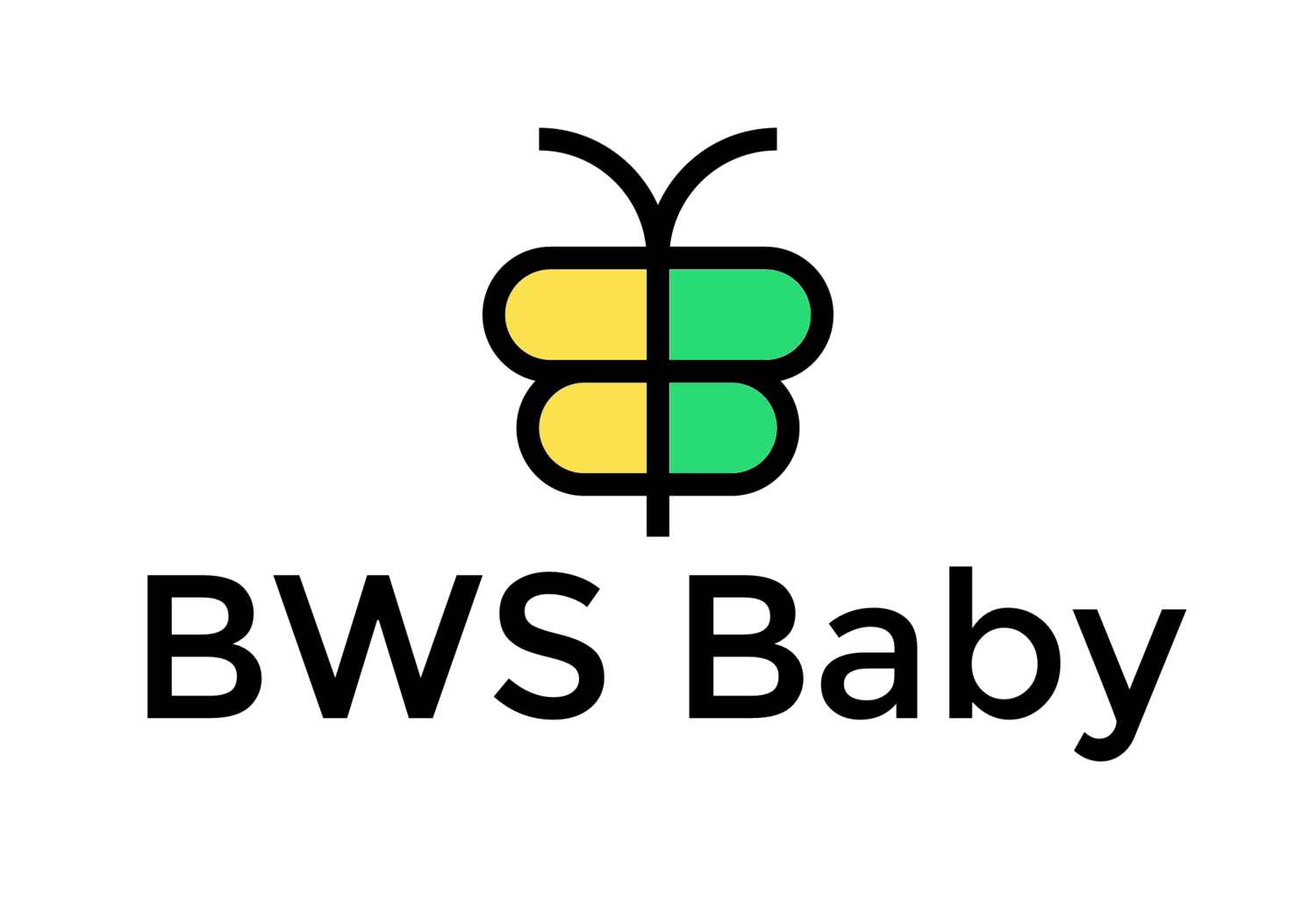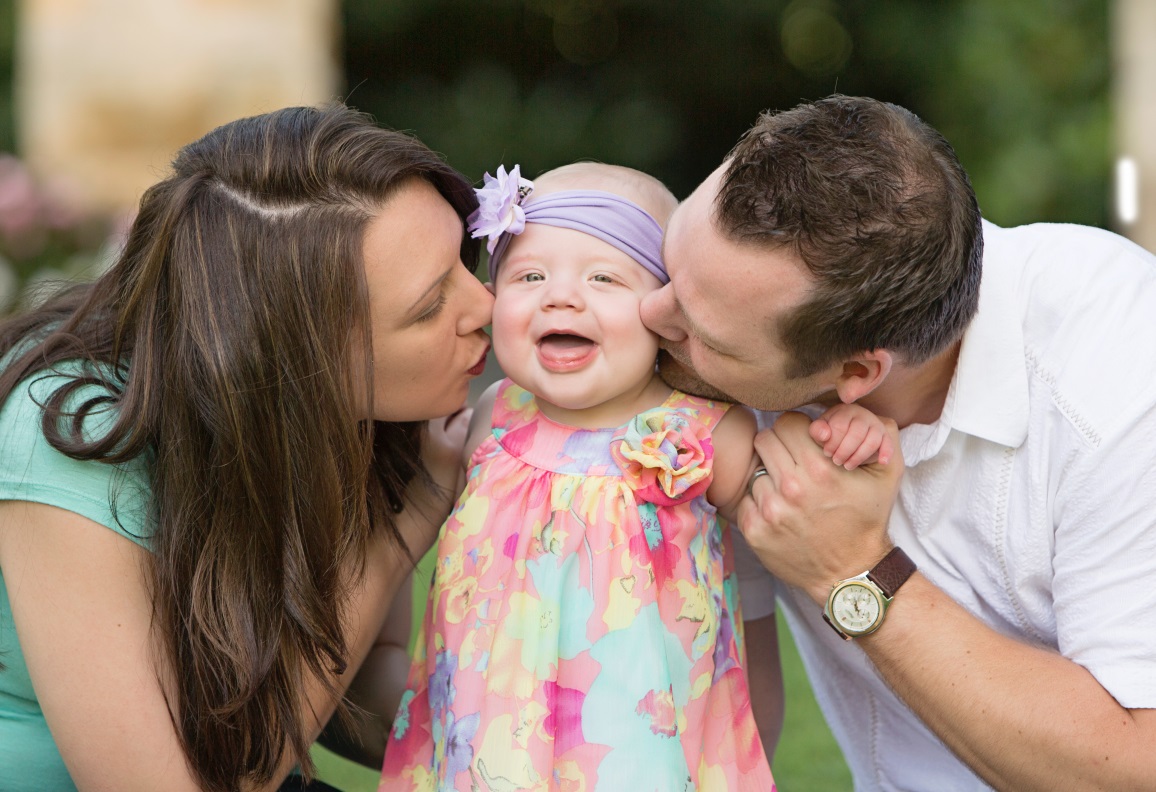Alyssa a.k.a Puffs
/Alyssa's BWS Journey
On November 8th, 2013 our lives were forever changed and our beautiful daughter Alyssa Leigh was born. After 3 long years of trying to conceive, we finally decided to seek help from a fertility specialist. After 2 unsuccessful IUI’s, we decided to do IVF and after our first try we found out that we were pregnant!
Even though I was ecstatic about being pregnant, those 9 months were extremely difficult both physically and emotionally. At my 20 week check, they determined that I had Polyhydramnios, meaning that my amniotic fluid level was high. My doctor said that this was quite common and nothing to worry about, but I decided to do my own research and everything that I read indicated that high amniotic fluid often resulted in a baby being born with a birth defect or chromosomal abnormality. It also said that I was at high risk for preterm labor. I spent the last two trimesters of my pregnancy researching and worrying about different genetic disorders but I was always certain of one thing – regardless of whatever challenges we may encounter, I was going to love my baby with all my heart and give her the absolute best life possible!
When I went back for my 30 week prenatal visit, they noticed that my blood pressure was creeping up and they told me to keep a close watch on it. At my 31 week check-up my blood pressure was 155/105 and at that point my doctor decided to put me on bed rest in the hospital where he could keep a close eye on me. They constantly monitored my blood pressure and checked for protein in my urine and it was determined that I had developed Pre-Eclampsia. At 35 weeks, they came to do my daily blood pressure check and the nurse suddenly had a look of panic on her face. My blood pressure was 170/115. My doctor rushed to my room and told me to get ready because WE WERE HAVING A BABY! Alyssa was born via emergency C-section and was immediately rushed to the NICU because she needed assistance with breathing. It was also noted that she had a large tongue, but no one really made much mention of it. Once her breathing stabilized, they had a geneticist come by to do an evaluation and to determine if further testing was needed. Her conclusion was that Alyssa was fine and “simply had a large tongue.”
Alyssa was in the NICU for two weeks and when we finally got home, I took her to a pediatrician in the hopes that maybe he could give me some answers. He told me that she was too young to make assumptions about anything and to just give it some time. As a first time worried mom, I continued to do research and I found a syndrome that matched several of her characteristics – large tongue, stork bites, umbilical hernia, and large birth weight. It was called Beckwith Weidemann Syndrome. So I took my printed out research papers to a different pediatrician and was again told that I was over reacting. This pediatrician had never heard of Beckwith Weidemann, but he still didn’t feel that it was the correct diagnosis. At this point, I felt compelled to seek a 2nd opinion from another geneticist. We had to wait two months to get in and once we did, he agreed to do a high resolution microarray analysis. When the test results came back normal, he said that we should rule out BWS. He felt that her large tongue was an isolated matter and didn’t think that we needed to do any further testing. I told him that I had been researching this syndrome and that not only does Alyssa have a large tongue, but she also has stork bites, an umbilical hernia and large birth weight. I told him that my research indicated that if a child presents with 2 or 3 characteristics, a clinical diagnosis is often made so that they can follow the proper screening protocol since they are at much higher risk of childhood cancer. He said that stork bites and umbilical hernias were common in babies who do not have BWS and he didn’t feel that we had enough evidence to support a clinical diagnosis.
At this point I truly did not know where to turn, and by the grace of God I was led to the BWS support group on Facebook. I shared my story and pictures of Alyssa with other parents on the site and they were in total agreement that I needed to continue pushing for answers. Many parents reached out to me and told me that Alyssa does in fact have the “BWS look” and to keep fighting for answers. I read many stories on the BWS page about children undergoing tongue reduction surgery, and it dawned on me that Alyssa’s tongue was continuing to get larger, so I decided to take her to a Cranio Facial specialist and this was finally where things turned the corner for us. The moment he laid eyes on her, he said “she has Beckwith Weidemann Syndrome.” I asked him how he knew and he said that he has a large number of patients with BWS and he could simply tell by looking at her. He asked if I was following the screening protocol and I told him that I had taken her to 4 different doctors and they all told me that she couldn’t possibly have it. Thankfully, he put me in touch with an amazing Oncologist and for the first time I felt like I could take a deep breath, because FINALLY someone agreed with me! The Oncologist also agreed that she had BWS but suggested that we do the specific test for extra confirmation. He ordered a BWS/RSS Molecular Analysis which tests for the presence of deletions, duplications, and methylation defects in the IC1 (H19) and IC2 (LIT1) regions on chromosome 11p15. Sure enough, the results came back a few weeks later and confirmed that she does in fact have hypomethylation of the IC2 region which is diagnostic with Beckwith Weidemann Syndrome.
After finding out the diagnosis a flood of emotions came over me. I was devastated, worried, and sad but at the same time I was relieved that we finally had answers. I was glad that I would no longer have to fight with doctors only to hear that I am crazy and to quit googling. Our Oncologist set us up to do blood work every 6 weeks to check her alpha-fetoprotein levels, and we also do a sonogram every 3 months to check for the occurrence of tumors. I can honestly say that this has been the hardest part of the journey for me. It is very scary to know that your child is at such high risk for the development of tumors but at the same time, I am grateful that we have the diagnosis and that she is under such close surveillance. Research shows that early detection leads to improved outcomes and sometimes reduces the need for chemotherapy and radiation treatment. The other hardest part is knowing that Alyssa will eventually need a tongue reduction surgery. We will likely schedule this surgery after her first birthday. Other than that, Alyssa is growing and progressing beautifully. She is hitting her milestones and she is the absolute light of our lives!
I hope that my story will help to inspire other parents who may be starting out on this journey. If you think that your child may have BWS, but are having trouble getting a diagnosis, don’t give up the fight. Unfortunately, Beckwith Weidemann is not well known in the medical community and it’s easy to have doctors overlook the main characteristics and pass them off as being nothing to worry about. We have to advocate for our children and sometimes it takes getting a 2nd opinion or in my case a 5th opinion, before you get the confirmation that you need!
On a final note, I want to say that having a child with BWS has changed our life in so many ways. There are days where we continuously worry about the “what ifs” but most days we try to focus on the good and the fact that God has blessed us with an amazing child. We love Alyssa for who she is and for every characteristic that makes her special and unique! She has enriched our lives in so many ways and is by far our greatest blessing. To us, she is perfect and we thank God every day for choosing us to be her mommy and daddy!







